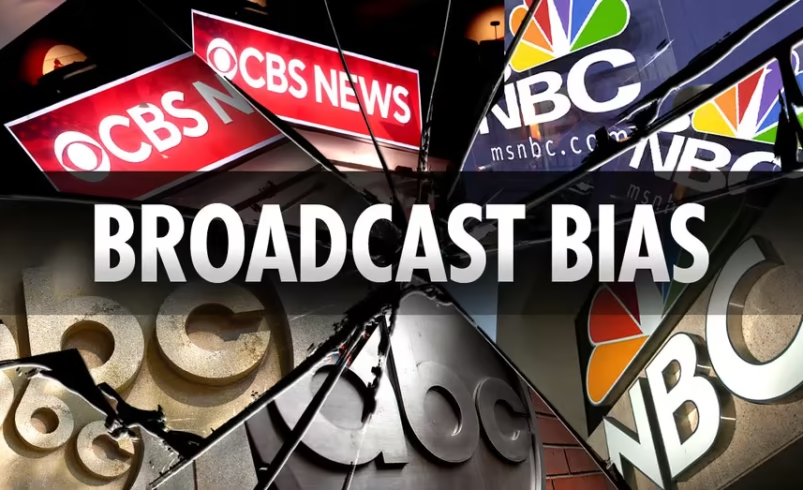Media Bias in Redistricting: Networks Criticize GOP, Ignore Democrat Tactics
- August 9, 2025
- 0

Redistricting has long been a contentious issue in American politics, often drawing the attention of political enthusiasts. However, the average American may not closely follow district map changes, despite their significant impact on political power dynamics. Recently, a redistricting plan in Texas sparked controversy, leading Texas Democrats to flee to Illinois and other Democrat-led states to prevent a legislative quorum. This move highlighted the partisan nature of redistricting debates and the media’s selective coverage of such events.
The media’s reaction to redistricting efforts often varies depending on which party is involved. When Republican-led states engage in redistricting, networks like ABC, CBS, and NBC are quick to label these efforts as controversial. In contrast, similar actions by Democrat-led states receive little to no national coverage. For instance, when Democrat Governor J.B. Pritzker approved a gerrymandered map in Illinois that disadvantaged Republicans, it went largely unnoticed by major networks.
The selective coverage of redistricting efforts raises questions about media bias and its implications for democracy. Critics argue that networks act as partisan entities rather than impartial referees, only highlighting gerrymandering when it involves Republicans. This bias can shape public perception and influence political discourse, potentially undermining democratic principles.
The ongoing debate over redistricting reflects broader tensions within American politics. Democrats often claim that democracy is under threat when they are not in power, while Republicans argue that media bias skews public understanding of political issues. As both parties continue to engage in redistricting battles, the role of media coverage remains a critical factor in shaping the narrative around these contentious issues.